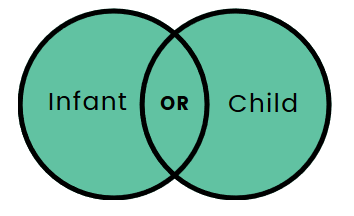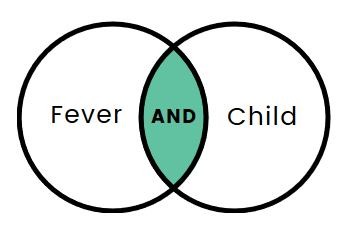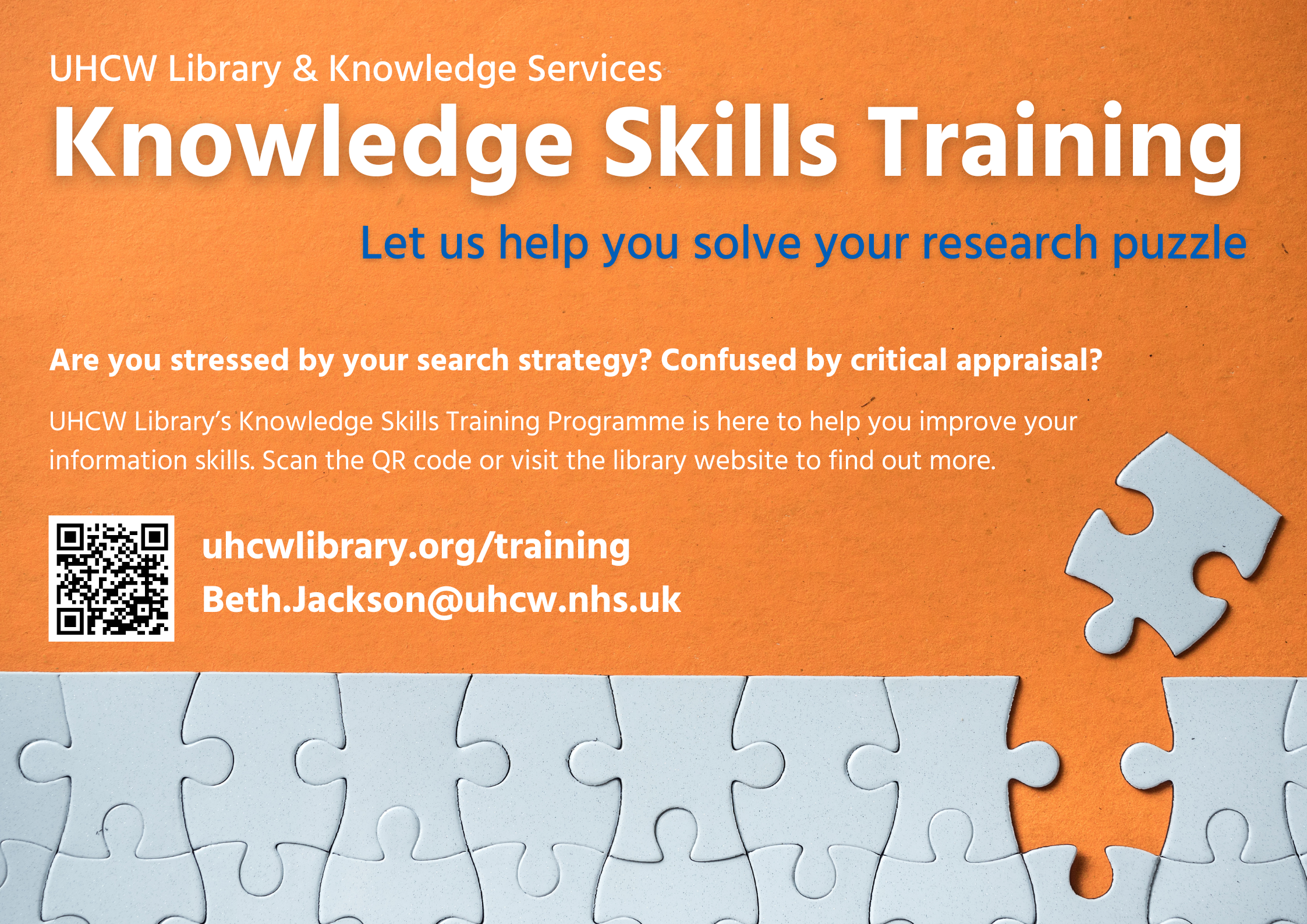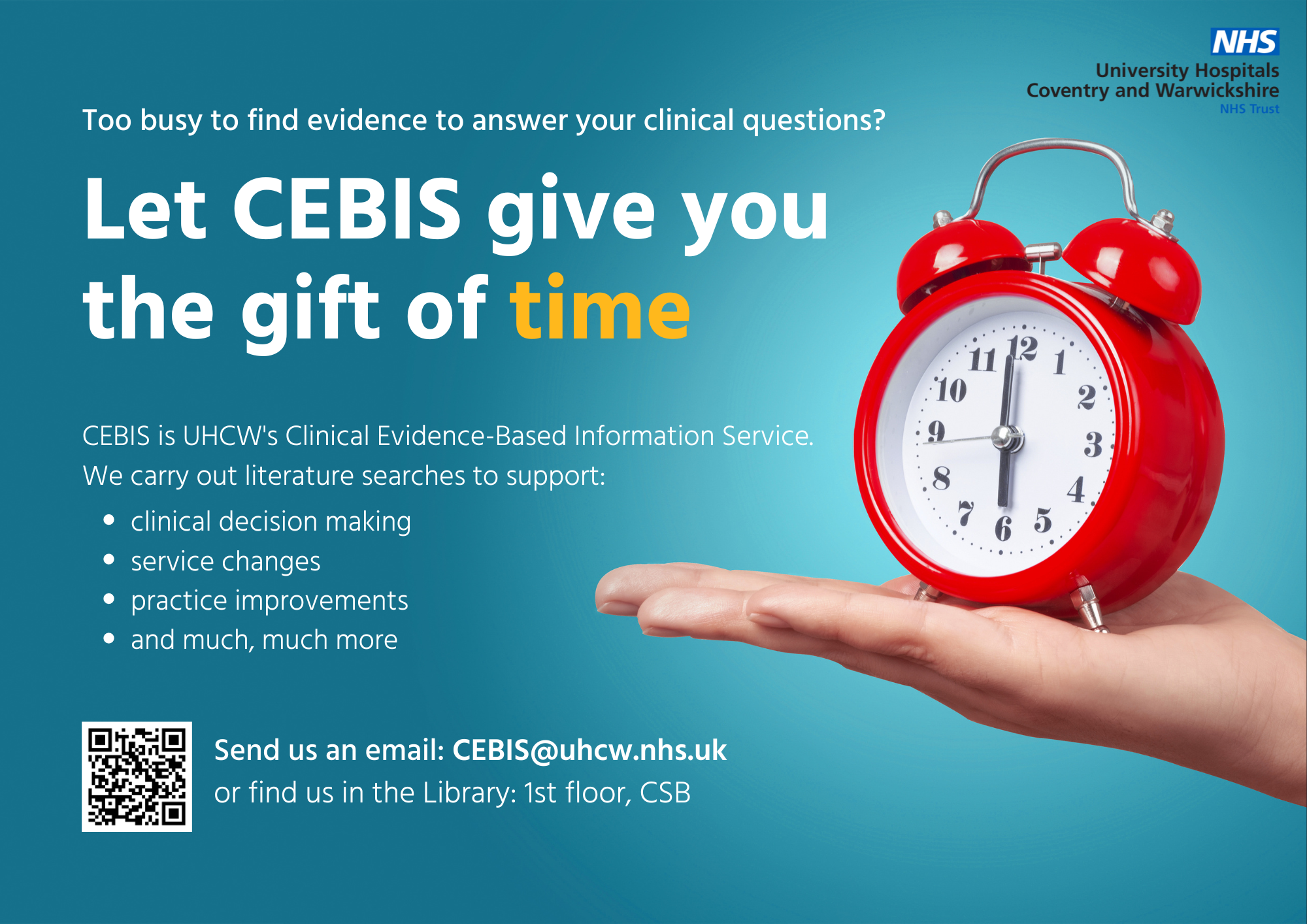If you want to carry out a robust and thorough search of the literature, then you also need to consider if there are any other ways to describe your key concepts. How thorough you are in exploring the topic depends on the level of searching you are doing - only more complex search tools like Ovid or EBSCO will be able to process very detailed sets of search terms.
However, it is ususally beneficial at this stage to think around your topic and identify any alternative terms that could bring you back useful results. This is particularly important for keyword searches – databases won’t find alternative word endings or spellings on your behalf. Essentially, if don’t you include word variations in your search, the database won’t find them.
So what sort of things should you be considering when trying to identify alternative terms?
Synonyms
Can you identify any other words / phrases that mean the same thing as your key terms?
e.g. if you search for the word attitude, you might want to also search for words like opinion, perspective, belief etc.
UK/US English
There can often be distinct differences in spellings and terminology between papers published in UK vs US English. Are any of your keywords affected by these spelling conventions?
e.g. behaviour/behavior, paediatric/pediatric.
Plurals and word endings
Do any of your search terms have plurals, or suffixes, that would be useful to include in your search?
e.g. if you search for the word mentor, you might also want to search for words like mentors, mentoring, mentorship etc.
Broader / Narrower terms
Identifying broad / narrow ways of describing your search terms can be helpful if you need to revise your search topic should you find too many, or too few results.
e.g. if you search for the phrase mental health (broad term) you may find that this umbrella terms brings back too many results. You could try searching for particular conditions such as depression (narrow term) in order to focus your search. Sometimes, the inverse can also apply: you may want to swap out narrower terms for broader ones, if you are finding too few results.






